|
I am a third-year Vision Science PhD student at UC Berkeley. I am in the Active Vision and Neural Computation Lab and advised by Professor Jacob Yates. I also work with Professor Bruno Olshausen at the Redwood Center for Theoretical Neuroscience. I am incredibly grateful to be able to collaborate with Professor Alex Huk and Postdoctoral Scholar Declan Rowley, working alongside them to study the neural recordings they collect from primates. I work at the intersection of neuroscience and artificial intelligence, an area known as NeuroAI. I am generously funded by the CIVO Fellowship. I graduated from UC Berkeley in 2022 with a Bachelor of Science degree in Electrical Engineering & Computer Science. As an undergrad, I was a student research assistant jointly at the Clinical Research Center (CRC), International Computer Science Institute (ICSI), and Berkeley Artificial Intelligence Research (BAIR). There, I had the pleasure of working with Prof. Meng Lin, Prof. Stella Yu, and Dr. Peter Wang. I built a computational imaging technique to track the spread of the tear film on the ocular surface. email: tejasvi.kothapalli [at sign] berkeley.edu |
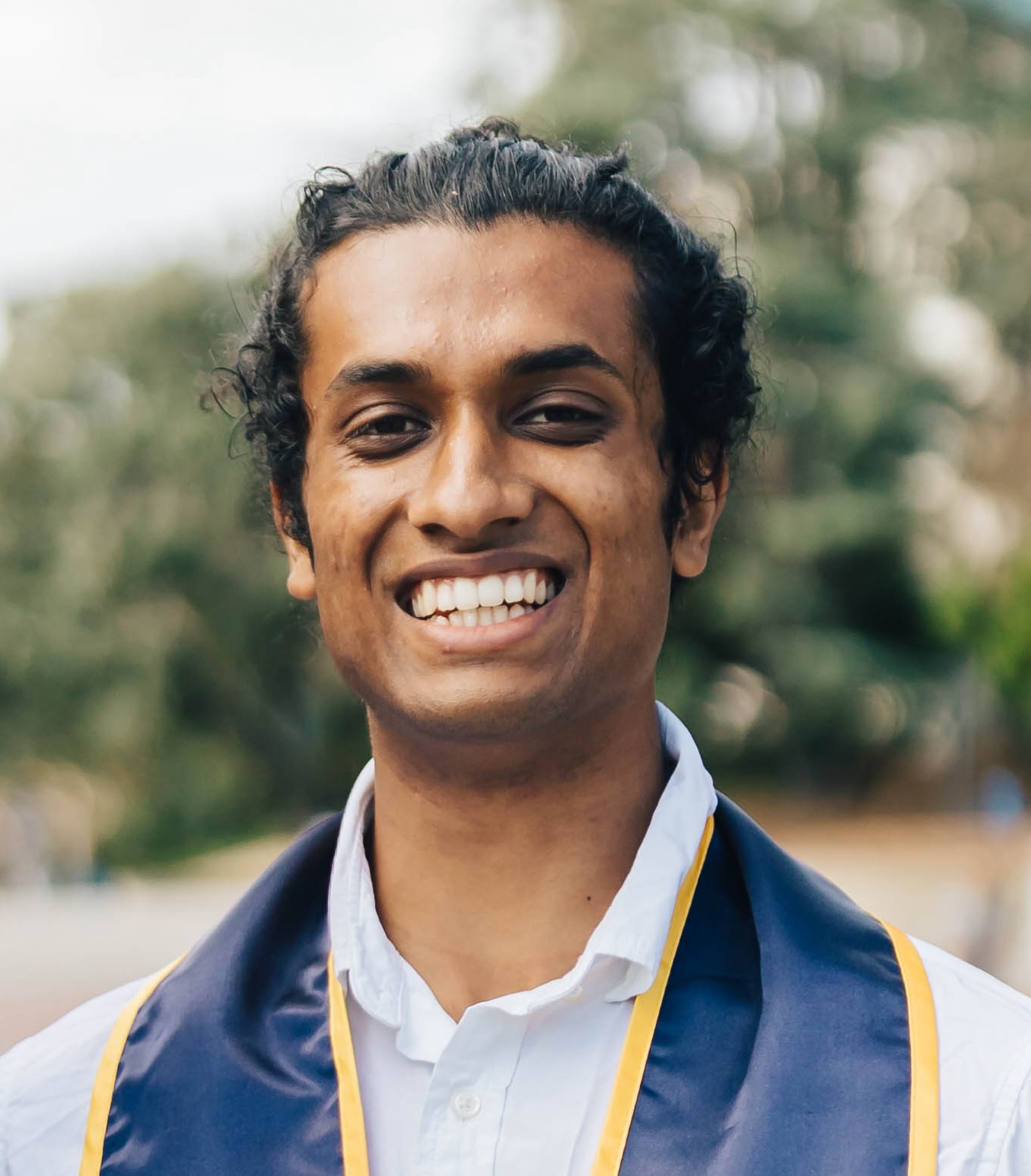
|
|
|
|
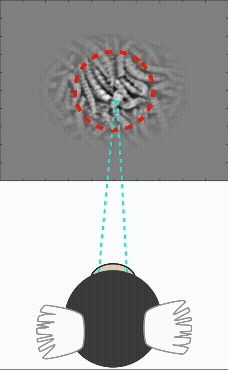 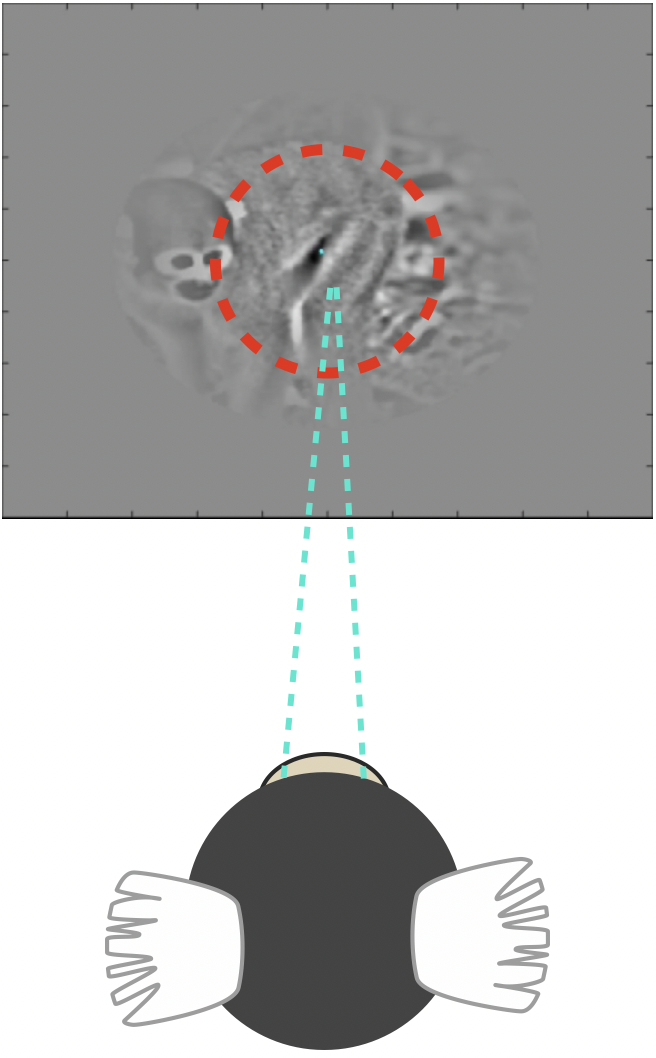
|
We want to understand how the neural code processes eye movements. Can these principles be applied to machine vision? |
 
|
We propose a machine learning approach that predicts dry eye related signs, symptoms and diagnoses from subject data. |
|
|
Tejasvi Kothapalli, Charlie Shou, Jennifer Ding, Peter Wang, Andrew D. Graham, Tatyana Svitova, Stella X. Yu, Meng C. Lin NeurIPS Workshop, 2022 project page / paper / poster / slides / arXiv We use computer vision to track the tear film lipid layer spread. |

|
Tejasvi Kothapalli Senior Honors Thesis, 2022 thesis Studied Dry Eye Disease diagnosis with machine learning in two regimes: (1) patient tabular data and (2) ocular surface recordings. Advised by Prof. Stella Yu and Prof. Meng Lin. Earned an A+ :). Also, huge thanks to Peter Wang for all the mentorship and guidance. |

|
Tejasvi Kothapalli International Journal of Energy Optimization and Engineering (IJEOE), 2018 paper / publication site In order to reduce energy wastage in homes, this work detects the presence of residents through Wi-Fi device usage and tries to automatically turn off unused electronic appliances. |
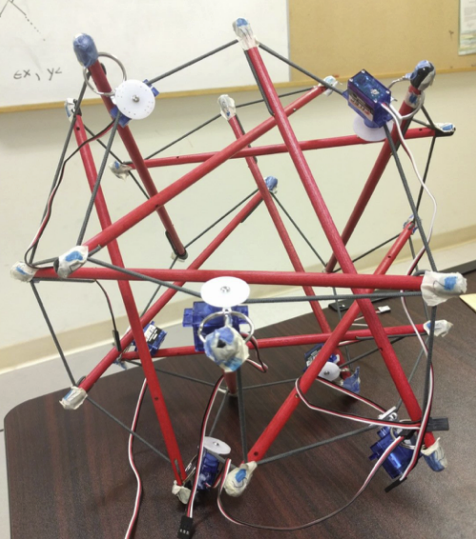 
|
Tejasvi Kothapalli, Adrian Agogino NASA Technical Reports, 2017 paper / publication site This study investigates a control pattern for successful locomotion in tensegrity robots through an evolutionary algorithm. |
|
|
 
|
Tejasvi Kothapalli 2022 Report / Slides This is a very preliminary version of Tracking the Dynamics of the Tear Film Lipid Layer. |

|
Brian Zhu*, Tejasvi Kothapalli* 2021 Report We approached Open AI's Retro contest with two new approaches. We first explore meta-learning with recurrent policies. Second, we explored the use of enhanced exploration with Random Network Distillation. |
 
|
Brian Zhu*, Tejasvi Kothapalli* 2021 Report We created a model that converts images of LaTeX into its original markup expression. |
 
|
Tejasvi Kothapalli*, Brian Zhu*, Joe Zou* 2021 Report The intention of our technique was to understand how different segments in a review affect the overall prediction through sliding window methods. We hope that our contribution can help people better understand how these models make decisions. |
|
|
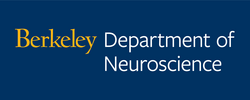 |
I am a GSI for Neurscience 172L: Cognitive and Computational Lab at UC Berkeley. I help run lab sections, create content, hold office hours, and grade assignments. |
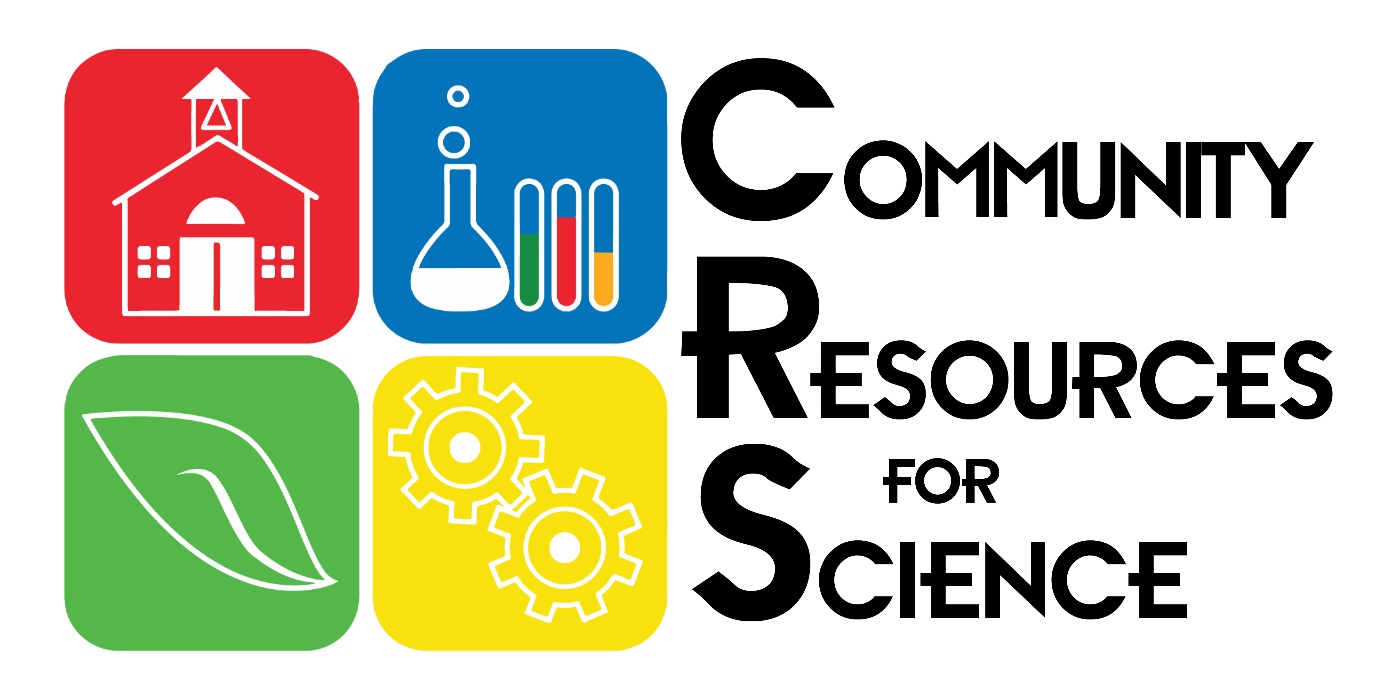 |
I help organize and teach about general Vision Science to 4th graders around the East Bay. We work with the organization Bay Area Scientists Inspiring Students (BASIS). |
 |
After graduating from Berkeley, I have taught the Inpsirit AI Scholars curriculum to high students in-person at Khan Lab School, Bellarmine College Preparatory, Evergreen Valley High School, and Bentley School. Teaching at the Khan Lab School in July 2022 with my good friend Sohum Hulyalkar was a truly rewarding experience. |
|
Huge thanks to Jon Barron for website template! |